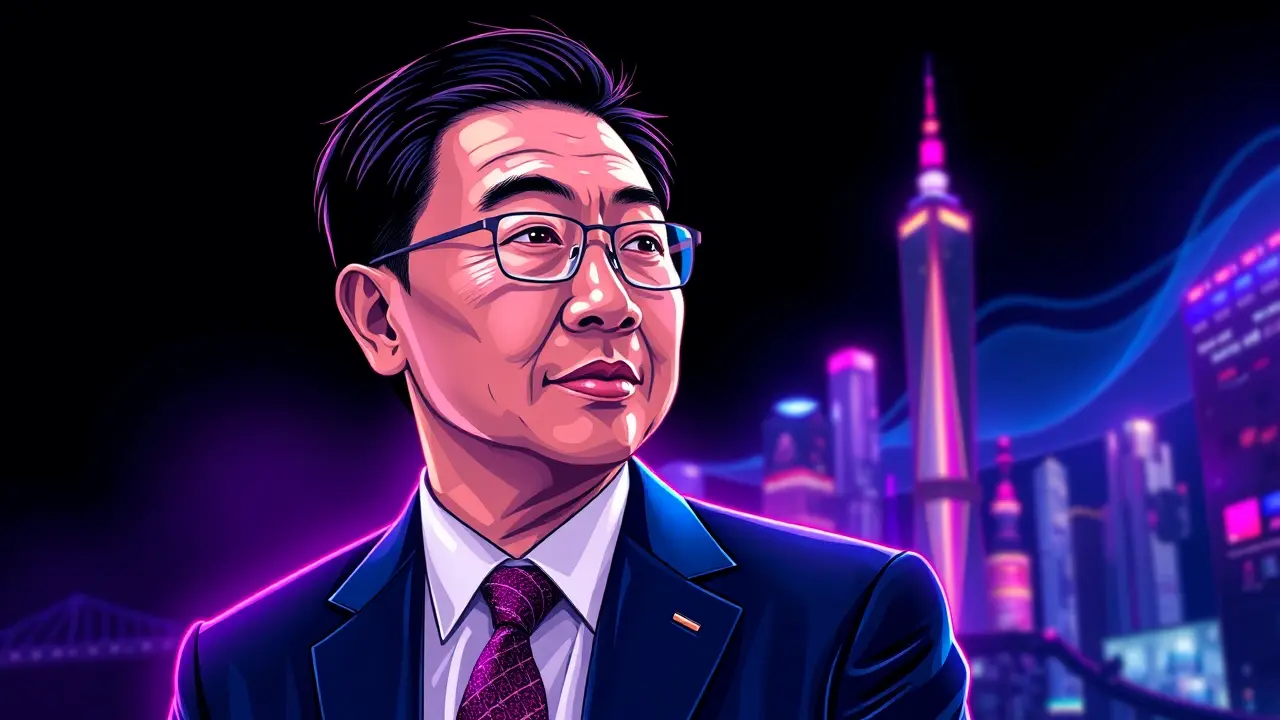Beijing appoints senior editor as Hong Kong liaison office deputy.
In a move that underscores Beijing's unwavering commitment to shaping the narrative within its special administrative region, the State Council confirmed the appointment of Sun Shangwu, a seasoned deputy editor-in-chief from the China Daily, as a deputy director of the central government’s liaison office in Hong Kong. This strategic placement, confirming an earlier report by the Post, is far from a routine bureaucratic shuffle; it is a calculated maneuver in the long-standing, high-stakes theater of influence where information is the ultimate currency.At 56, Sun is not merely an administrator; he is a veteran of the front lines of China's external propaganda apparatus, schooled in the delicate art of framing the Party's message for global consumption. His specific mandate, as indicated by sources to take charge of publicity work, signals a deepening of the central government's campaign to fortify its ideological foothold in a city whose press freedoms have been a subject of intense international scrutiny since the handover.This development cannot be viewed in isolation but must be analyzed through the lens of historical precedent, recalling how other empires and nations have consistently understood that the pen, or in this modern era, the digital broadcast, is indeed mightier than the sword. The liaison office's expanding role in the day-to-day affairs of Hong Kong has been a defining feature of the post-2020 landscape, following the implementation of the National Security Law, and Sun’s appointment represents a further sophistication of this apparatus.It is an acknowledgment that securing political compliance requires not just legal and security measures, but the meticulous management of the public consciousness. One can draw a parallel to the information ministries of old, where trusted scribes were dispatched to distant provinces to ensure the emperor's decrees were not just received, but understood and accepted.In today's context, the challenge is exponentially greater, involving a battle for hearts and minds across a fractured digital ecosystem and a skeptical international community. Sun’s background at China Daily, the country's primary English-language mouthpiece, equips him with a unique skill set for this very battle: the ability to translate domestic policy into the lexicon of global diplomacy and to counter what Beijing often decries as foreign misinformation.Experts on Sino-Hong Kong relations suggest this move likely presages a more coordinated and assertive media strategy, aiming to seamlessly align Hong Kong’s public discourse with the national narrative emanating from Beijing. The potential consequences are multifaceted; domestically, it may lead to a further consolidation of pro-establishment media voices and a more challenging environment for outlets perceived as oppositional, while internationally, it will be closely watched as a barometer for the 'One Country, Two Systems' principle. The ultimate success or failure of this appointment will be measured not in press releases, but in the subtle shifts of public sentiment and the resilience of Hong Kong’s unique identity amidst this renewed and highly professionalized offensive in the war of ideas.
It’s quiet here...Start the conversation by leaving the first comment.
© 2025 Outpoll Service LTD. All rights reserved.
